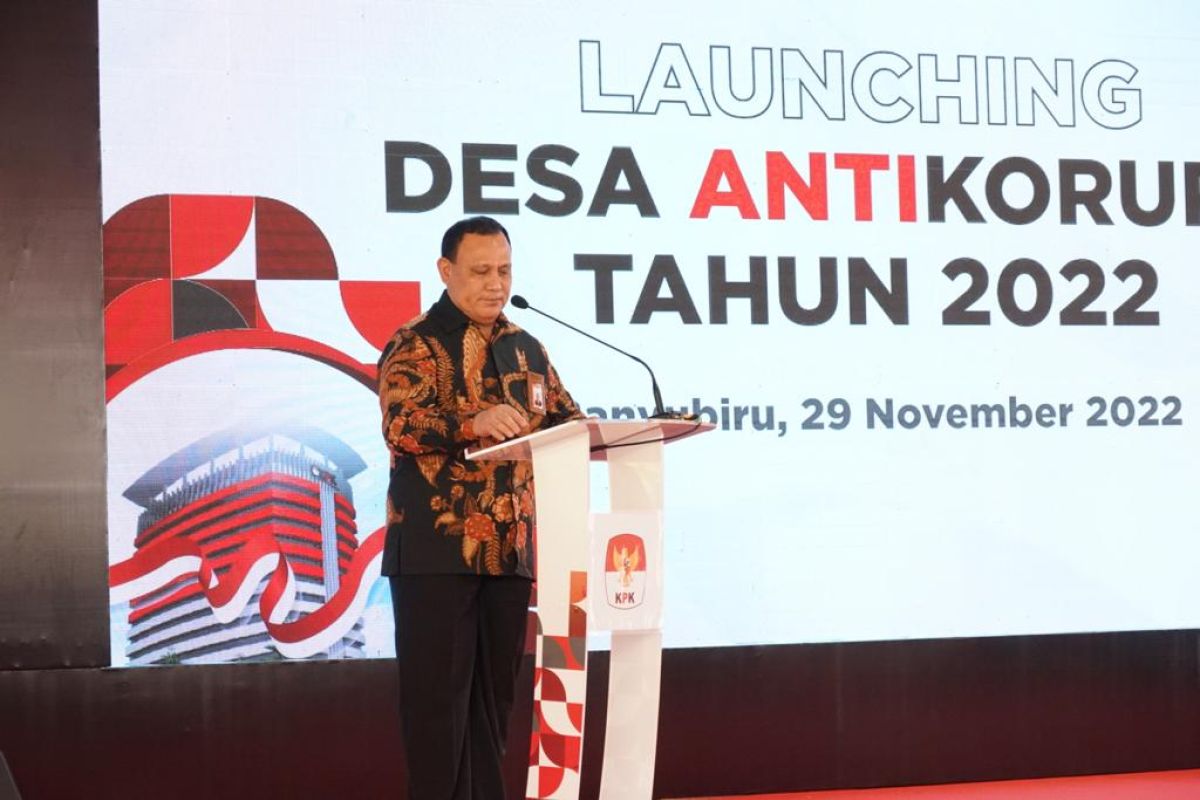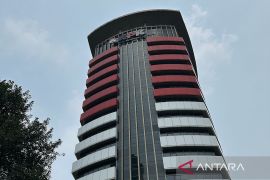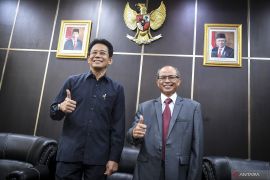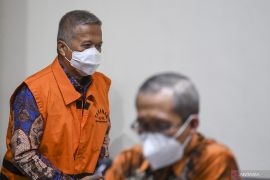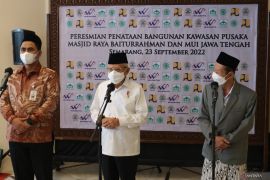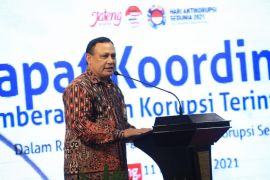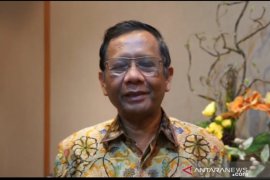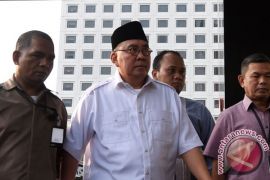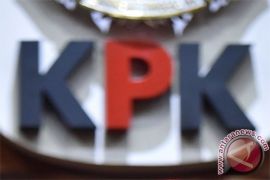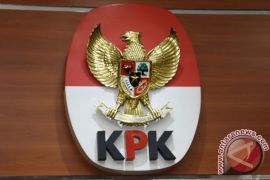Efforts to root out corruption cannot be carried out by one institution alone and require all-round participation, including from villagers, KPK chairman Firli Bahuri said in a press release on Tuesday.
The Anti-Corruption Village Program was implemented in view of the large amount of village funds disbursed by the government, which, until 2022, reached Rp468.9 trillion. As per data recorded by the KPK, the commission handled as many as 601 cases related to village fund corruption in the period from 2015 to 2022, with a total of 686 suspects identified in the cases.
"Corruption robs us of our rights. Sometimes we don't realize it, even though the state's goals will fail if we allow corruption to occur. Because of that, the Corruption Eradication Commission has carried out a strategy to eradicate corruption through community education, one of which is being pursued through the Anti-Corruption Village Program," Bahuri said.
Villages have strategic potential, and so does the role of the village leaders and officials, he added. He recalled the words of Bung Hatta, the first vice president of Indonesia, who said that the nation’s light did not come from Jakarta's torch, instead it was brightened by the small candles lit by villages.
The Anti-Corruption Village Program was initiated by the KPK in collaboration with the Ministry of Villages,
The program was launched in 2021 with the selection of Panggungharjo village in Bantul, Yogyakarta, as a pilot village. In 2022, the commission selected 10 villages from 10 provinces, including Nagari Kamang Hilia in West Sumatra, as pilot anti-corruption villages.
Related news: KKP, cooperatives ministers coordinate to provide fuel for fishermen
Deputy for education and community participation at KPK, Wawan Wardiana, said that in the early stages, they made observations in February to inspect and select pilot villages.
The commission kicked off the pilot anti-corruption village formation in June 2022 in Gowa district, South Sulawesi.
It provided technical assistance to the selected pilot villages so they could meet the indicators specified in the anti-corruption village handbook. Afterward, it conducted assessments to determine whether the villages were fit to be designated as anti-corruption villages. The assessment phase involved a team from the relevant ministries and anti-corruption observers.
"Finally, the Corruption Eradication Commission awarded village anti-corruption (status) to villages that have met the requirements according to the village anti-corruption indicators. During this year, we will conduct it in Banyubiru village, Semarang," he informed.
Related news: Indonesia, UN working together on Blue Agenda Development
In the 2022 assessment of anti-corruption villages, Banyubiru chalked up the highest score of 96.75. It was followed by Cibiru Wetan village, Bandung district, with a score of 96.16.
Kumbang village, Lombok district, came third with a score of 95; Sukojati village, Banyuwangi, was fourth with a score of 93.25; and Kamang Hilia village, Agam district, was fifth with a score of 93.25; next was Kutuh village, Badung district, with a score of 93.21.
There were also Hanura village, Pesawan district, which scored 92.75; Pakatto village, Gowa district, which scored 92.75; and Mungguk village, Sekadau district, which scored 91.39.
Related news: Ministry releases 3,000 clownfish seeds during Sail Tidore 2022
Related news: KKP Ministry to develop Marine Aquarium Education Center
Translator: Mario S N, Mecca Yumna
Editor: Fardah Assegaf
Copyright © ANTARA 2022
